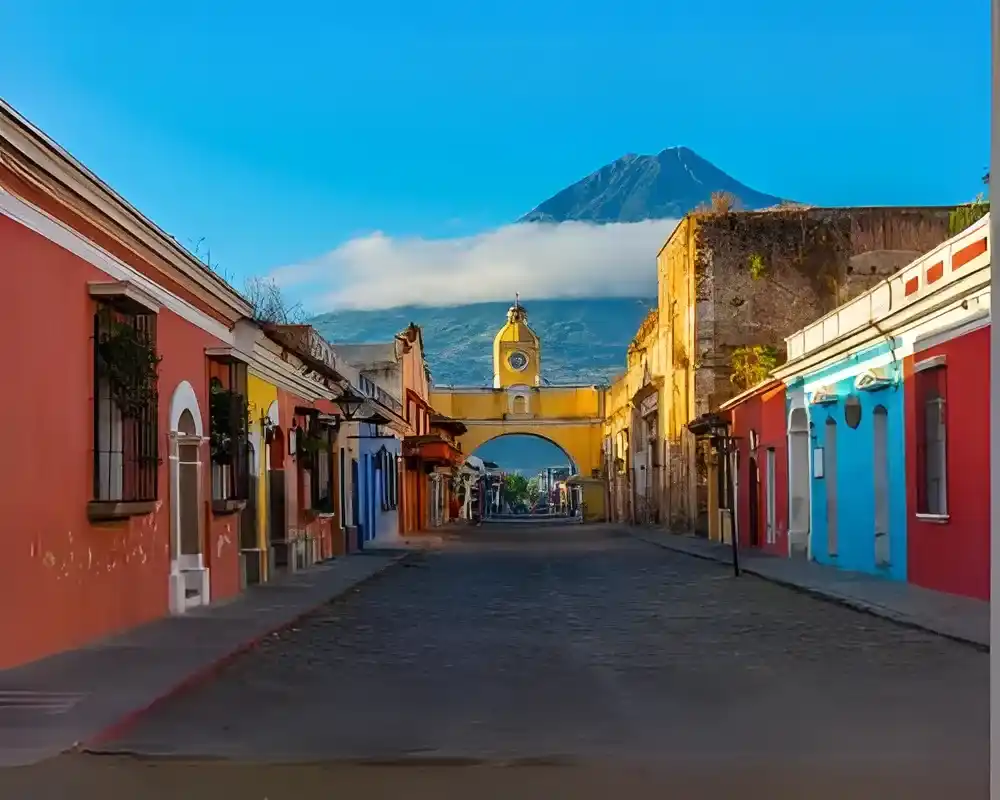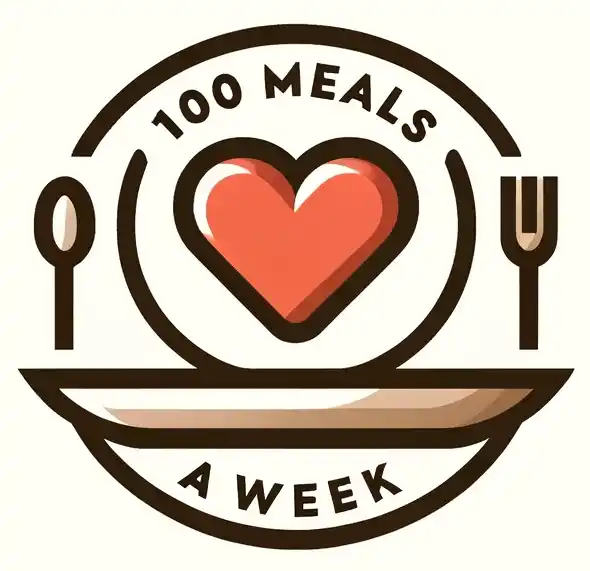From Guatemala to Canada: A Journey of Service and Solidarity in Fighting Food Insecurity

Growing up in Guatemala, in one of the poorest areas of the capital known as El Limon, I was oblivious to my own socio-economic status. My childhood was filled with the innocence of youth, unmarred by the knowledge of financial hardship. I had shoes, clothes, and food—I had everything I needed. My early engagement with community service began when I was 5 when I used to help my father teach literacy classes after school to adults in the community. In grade 5 I remember canvassing my entire town to assess literacy rates, discovering that nearly 30% of adults were illiterate. Alongside a dedicated teacher, I helped develop an after-school program to address this issue. However, this project was cut short by my immigration to Canada, a move that opened my eyes to a starkly different reality.
It was in Canada that I came face-to-face with the concept of poverty, not just as a distant idea but as a personal reality. The contrast between my life in Guatemala and my new surroundings in Canada was stark. I was suddenly aware of being poor, a realization that was both shocking and enlightening. This awareness was compounded by the apathy I witnessed towards those who did not fit the mold, those who looked different. It created a void in my heart, a desire to make a difference, no matter how small my contributions might seem.
Driven by this newfound purpose, I dedicated myself to helping others as I began to make a living. My commitment to service was further inspired in 2006, after attending a Ramadan food distribution event. While the event was well-intentioned, it highlighted a glaring gap—the sporadic nature of such distributions failed to meet the everyday needs of people. This realization sparked the inception of “100 meals a week,” a personal initiative aimed at providing consistent support to those in need.
The Quran eloquently reminds us of our duty to one another: “He is not a believer who fills his stomach while his neighbor goes hungry” (reported by Ibn Abbas). This powerful quote became a guiding principle for my efforts. It underscores the essence of community and the importance of looking out for one another, principles that have shaped my journey from a young activist in Guatemala to a dedicated community servant in Canada.
The journey from El Limon to Canada has been one of profound personal growth and realization. It has taught me the importance of understanding and empathy, of recognizing our shared humanity regardless of our socio-economic backgrounds. My experiences have instilled in me a relentless drive to combat food insecurity and to stand in solidarity with those who face it. Through initiatives like “100 meals a week,” I strive to address not just the physical hunger but the hunger for dignity, respect, and compassion that many marginalized individuals feel.
As we work towards creating more inclusive and supportive communities, let us remember the Quranic imperative to care for our neighbors. It is through such collective efforts and shared responsibilities that we can hope to build a world where no one is left behind, where every individual has access to the basic necessities of life. Together, we owe it to each other to foster a community of care, understanding, and unwavering support.
